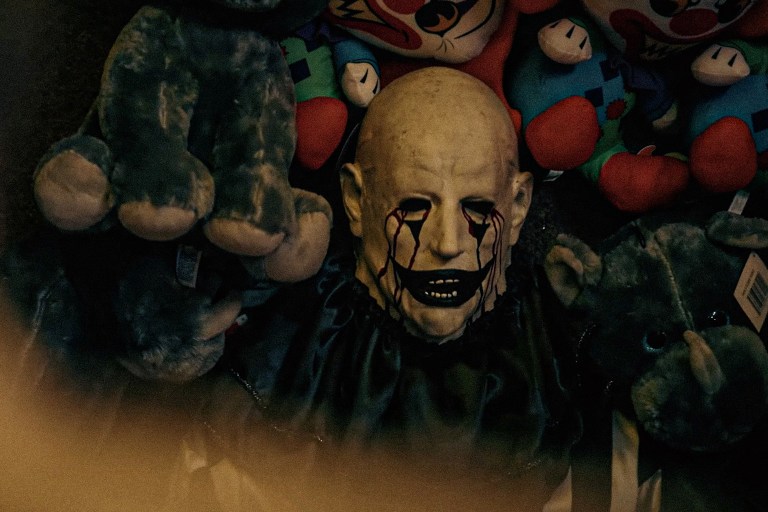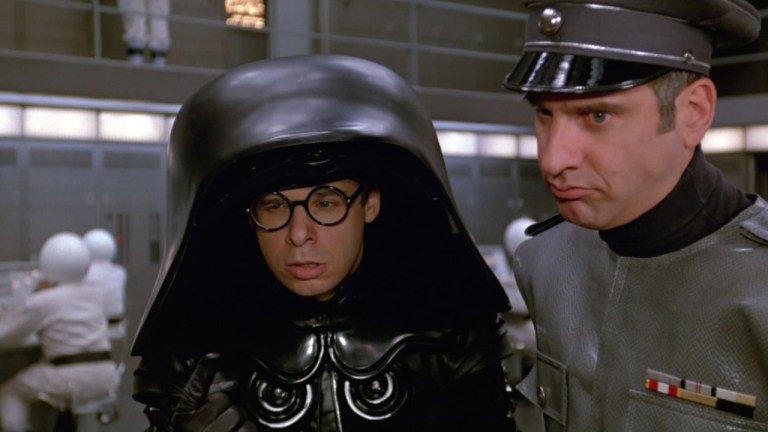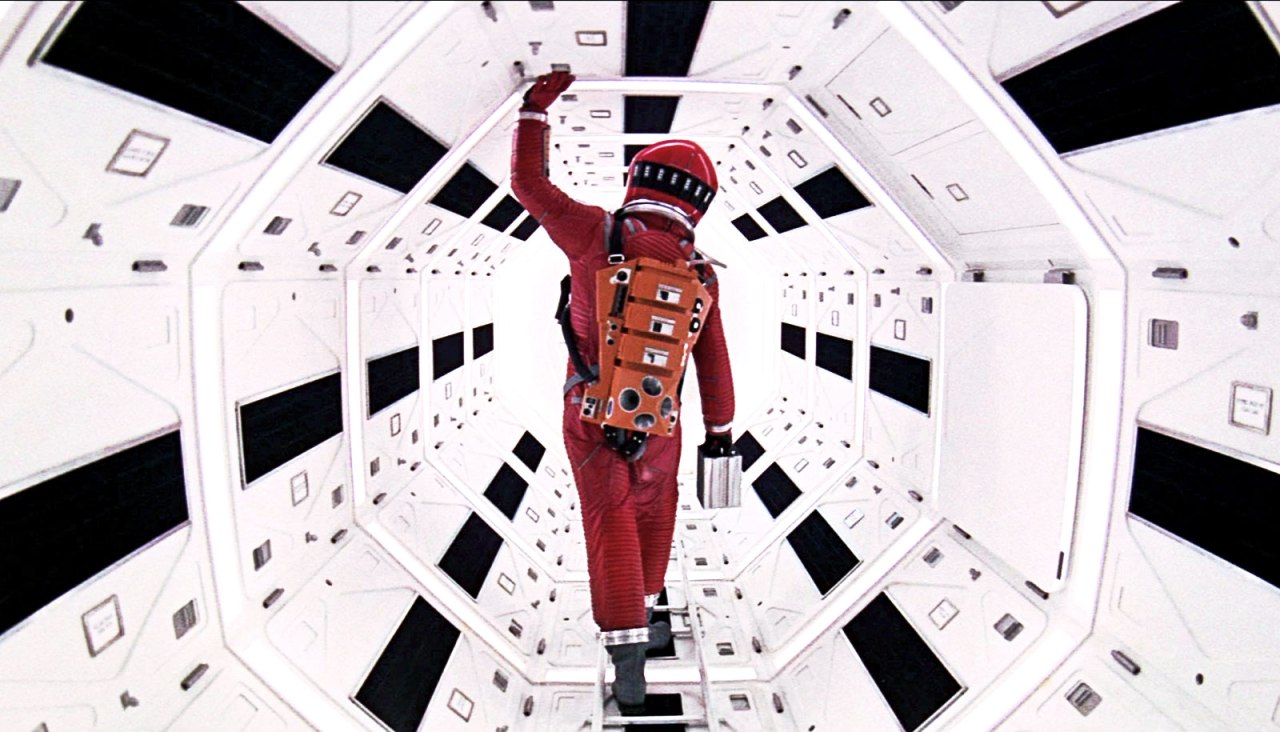
The 7 Best Space Opera Movies (That Aren’t ‘Star Wars’)
It’s no accident that the first movie people think of when they hear the words “space opera” is George Lucas’s iconic work on Star Wars.
In more ways than one, the Star Wars series forever changed the world of film, introducing wondrous new possibilities within the art of filmmaking and the endless potential for sci-fi, fantasy, and action-oriented movie narratives.
While most people continue to credit Star Wars as the most well-known example of a space opera epic, it’s also worth pointing out just how many other great sci-fi films exist within the genre. From experimental sci-fi dramas to genre-bending superhero films, here are seven space opera films every bit as good – if not better – than George Lucas’s expansive Star Wars universe.
Serenity (2005)
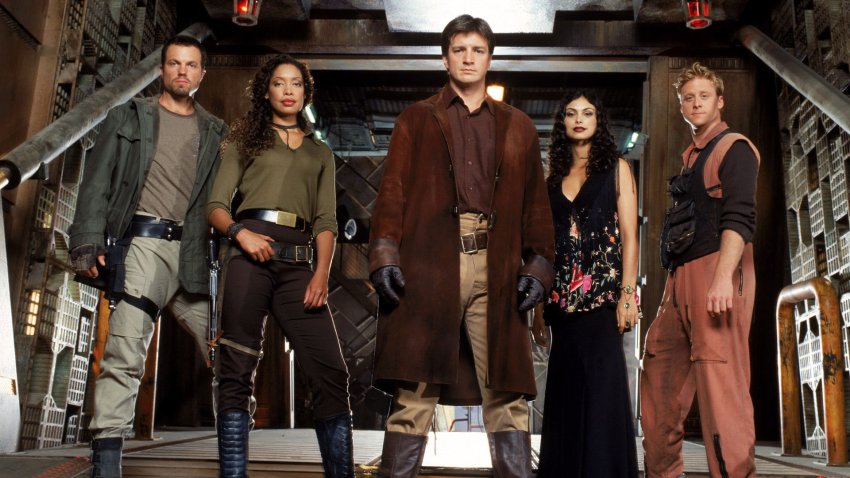
Following Fox’s mind-boggling decision to cancel Firefly after a single season, the fan-favorite TV series quickly found renewed life in the form of 2005’s follow-up film, Serenity. A satisfying conclusion to Firefly’s explosive narrative, Serenity’s larger budget afforded plenty of opportunity for larger action sequences, a bigger ensemble cast, and more immersive production values than its original TV counterpart. At the end of the day, though, Serenity succeeds first and foremost as an entertaining finale to Firefly’s main storyline, bidding a fond farewell to Nathan Fillion’s Mal Reynolds and his merry band of intergalactic smugglers.
The Last Starfighter (1984)
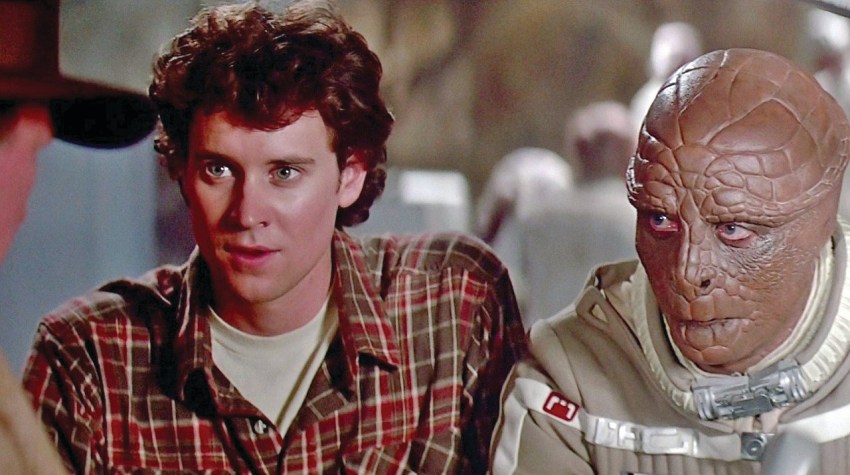
With the popularity of Star Wars and Star Trek paving the way, the 1980s ushered in a golden period for space opera films, culminating in the release of such cult-favorite movies as Flash Gordon, David Lynch’s Dune, and 1984’s The Last Starfighter. When looking at the latter film, it becomes clear that The Last Starfighter stands among the very finest space opera movies of the decade if only for its sheer originality and well-regarded visuals. Bolstered by its light-hearted script and surprisingly timeless special effects, the pleasure of watching The Last Starfighter is akin to playing Galaga, Space Invaders, and Asteroids at an all-night arcade (I.E., it’s a fun-filled time from start to finish).
Starship Troopers (1997)
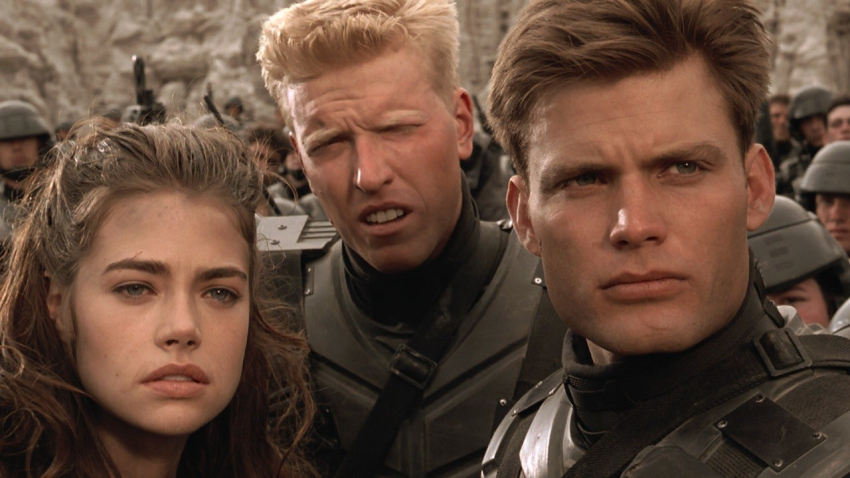
It may not be an altogether faithful recreation of Robert Heinlein’s militaristic sci-fi novel, but 1997’s Starship Troopers has enough creativity, polished CGI, and pulse-pounding action to keep viewers engaged throughout. More of a formal mockery of Heinlein’s problematic political theories, Starship Troopers delivers a thoughtful spin on the dehumanizing effect war, fascism, and authoritarian regimes has on the individual psyche. At once a superb action film, Starship Troopers lives on as a surprisingly nuanced study of tyrannical power, brilliantly satirizing the shoot ‘em up atmosphere of most ‘80s and ‘90s action movies.
Guardians of the Galaxy (2014)
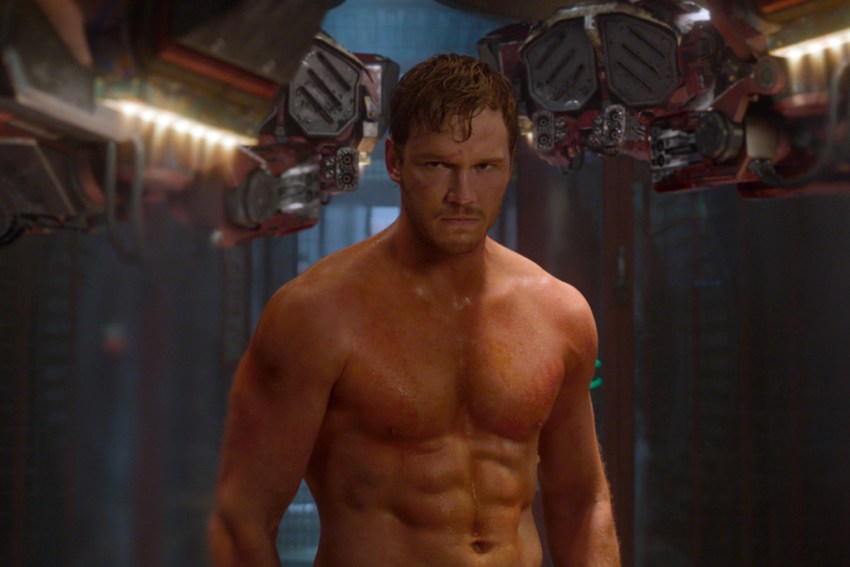
As audiences witnessed the meteoric rise of the MCU in the early 2010s, innovative filmmakers began wondering about the potential for movies centered around lesser-known comic book creations like Ant-Man and Guardians of the Galaxy. With the latter, director James Gunn resurrected the titular space adventurers for the modern age, elevating the previously obscure Guardians to an internationally recognizable household name. Borrowing plenty of inspiration from Star Wars, Flash Gordon, and the Mass Effect video games, Gunn hands in one of the most inventive superhero films in the entire genre, rivalling other notable MCU films featuring Iron Man, Captain America, Thor, or The Avengers in action.
Star Trek II: The Wrath of Khan
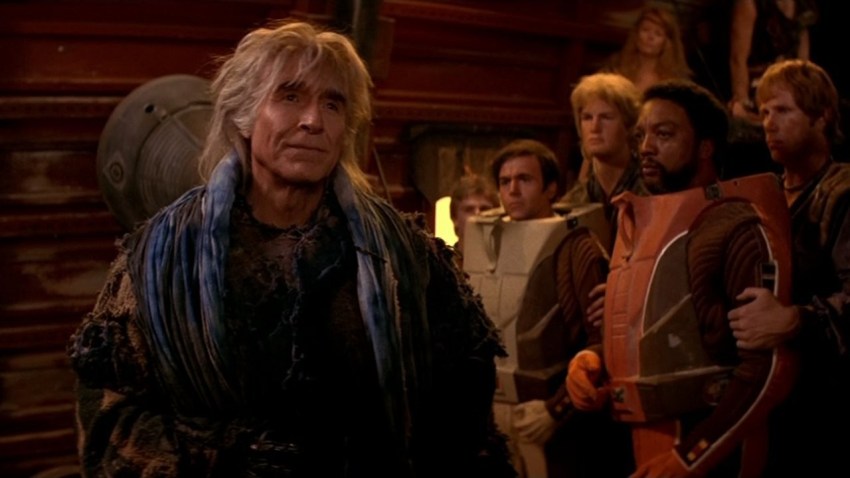
Following the disappointing release of Star Trek: The Motion Picture, Gene Roddenberry’s lauded sci-fi series returned with its far more engrossing sequel, Star Trek II: The Wrath of Khan. A significant improvement over its predecessor, The Wrath of Khan provides a fittingly beguiling adventure for James Kirk and his veteran crew aboard the U.S.S. Enterprise. Blending a rich narrative with numerous callbacks to The Original Series, The Wrath of Khan is the ideal Star Trek story perfect for casual viewers and diehard Trekkies alike.
Dune (2021, 2024)
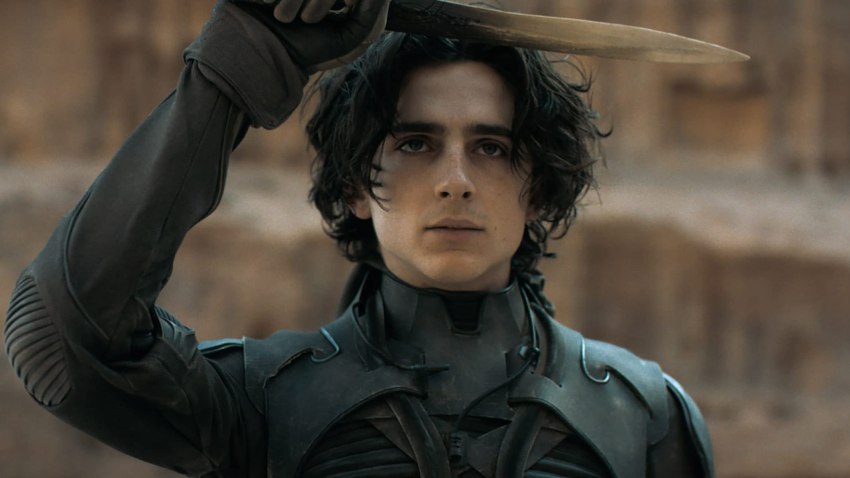
Since the moment Frank Herbert’s Dune first arrived on nationwide bookshelves in 1965, filmmakers obsessively searched for a way to bring Herbert’s genre-defining space opera to the big screen. Though David Lynch did the best he could with his ill-received work on 1984’s Dune, it was Denis Villeneuve who handed in the definitive version of Herbert’s sci-fi masterpiece with Dune Parts One and Two. Divided into two equally astounding films, each act of Dune meticulously captures the vivid complexity that characterizes Herbert’s novel, unfolding like an ambitious cross between Star Wars, Game of Thrones, and Lawrence of Arabia. As gorgeous to look at as it is to sit down and actually watch, Dune is a spellbinding sci-fi fantasy film whose future iconic status is practically guaranteed.
2001: A Space Odyssey (1968)
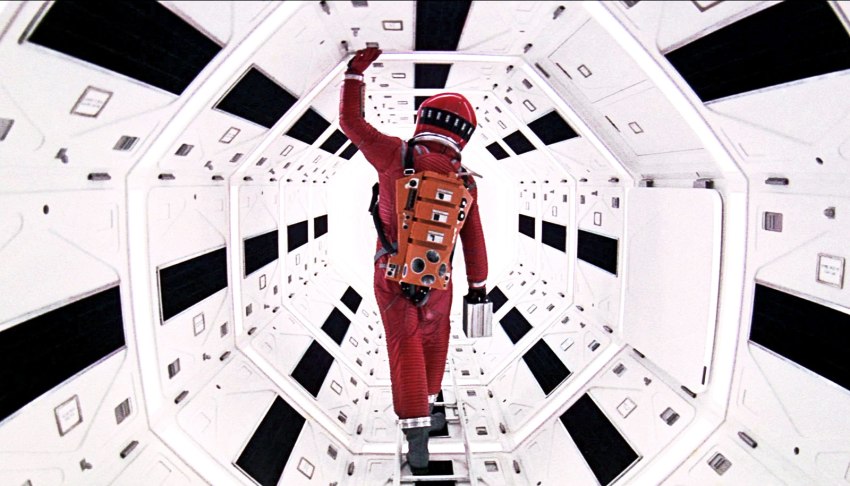
Categorizing 2001: A Space Odyssey as a space opera seems like a gross oversimplification. A sprawling sci-fi epic that’s both dense and at times frustratingly challenging, 2001 remains a stalwart pillar of modern cinema, influencing countless generations of filmmakers from Steven Spielberg all the way up to Christopher Nolan. The magnum opus of director Stanley Kubrick, its ambiguous tone and minimalist plot leave plenty of room for interpretation, with Kubrick eloquently sparking conversations about A.I., technological innovation, space travel, and the potential for alien life beyond the stars. As beloved today as it was dividedly received in 1968, it’s a film that continues to hold up with repeated viewings, leaving little reason to wonder about its timeless place in contemporary pop culture and modern science fiction today.
